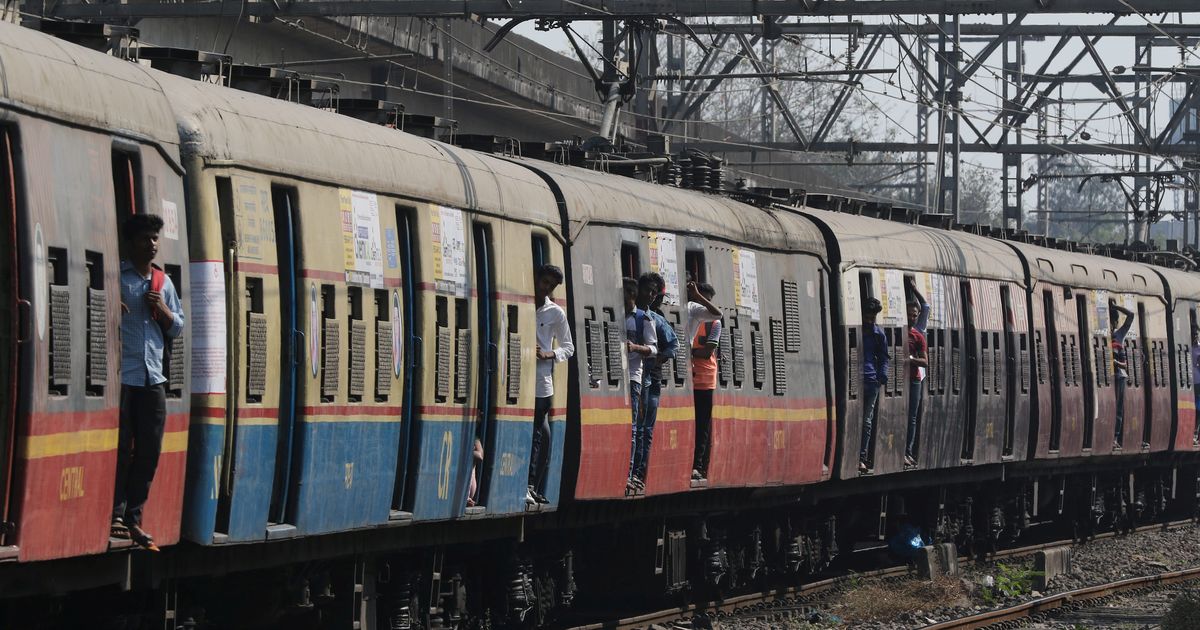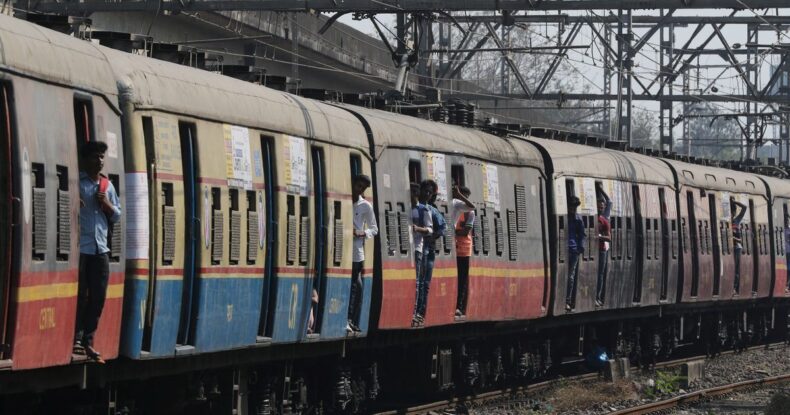The incident took place on Monday night, at the Badori railway line between Gwalior and Guna, the woman and her 23-year-old relative were discovered unconscious on Tuesday morning close to a railway track, police said.

Image Source: India Today
A 32-year-old woman claims that after being sexually harassed by a group outside Gwalior station in Madhya Pradesh, she was allegedly pushed from a speeding train. According to Rajesh Chandel, Superintendent of Police in Gwalior, an FIR was filed under IPC Sections 307 (attempt at murder) and 354 (assault or criminal force on a lady to offend her modesty).
Police have also added that she was a labourer from Jharkhand heading towards Surat along with her relative. A group of five persons began clicking pictures of her.
“The railway police have also been roped in to investigate the matter. We are trying to ascertain the details of the train and passenger details to apprehend the accused persons. She has not been able to give us details of the train, she just said she was headed towards Surat. We are verifying her statement,” said Superintendent of Police (Gwalior) Rajesh Chandal.
According to the police, the woman objected to the same and told the group that her cousin was her husband while threatening them with dire repercussions if they didn’t stop. Then she moved towards the door. ” The woman claimed that several of the group members started yanking her saree. They were thrown out of the train when she objected, SP added.
While the woman suffered some injuries including fractures from being thrown off a moving train, her relative sustained no serious injuries.
In the ongoing investigation, the police have sought CCTV footage from both Muzaffarpur and Lucknow railway stations to identify the five accused persons.
Growing crime rates against Women in India
- 35% of women worldwide have experienced physical or sexual abuse at home or work.
- A Livemint survey states that around 98% of sexual assault instances go unreported.
- Only 14% of female victims of violence asked for assistance to end it.
- The gender inequality index of the United Nations Development Programme places it 136th out of 186 countries in the world.

Image Source: India.com
Women are given less preference than men in every area of life, including access to healthcare and education. The male counterparts have more freedom in this area, and they are expected to stay within their boundaries. Thus, this system gives men the impression that they are superior to women and may thus rule them.
These discriminatory sentiments are present from conception to death. Beginning with sex-selective abortion and infanticide, they progress through adolescence and adulthood with child marriage, teenage pregnancies, lower pay for women, dangerous workplaces, domestic abuse, sexual assault, and neglect of elderly women.
India falls short of international standards in other areas of gender equality as well, including education, female workforce participation, and representation in elected organizations.
Steps Towards Change
- The best preventative measures are knowledge of sex education, and informing all genders on dissent.
- Women and individuals throughout the world can use Voices Against Violence as a tool.
- For boys and men to improve their behaviour and attitudes, ethics classes should be required in school and at the college level.
- Strengthening ineffective laws to take into account the fear of punishment felt by individuals who commit horrendous crimes against women.
- Using technology and cutting-edge ideas from the urban policy world to make cities safer for women.
- Allocation of sufficient funding to construct the required infrastructure.













